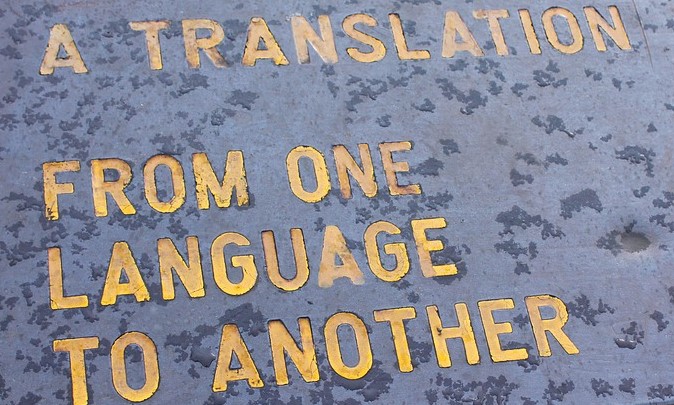Before sending a document to a company, most clients want to know how much they will be spending on translation services. Five main factors go into the pricing of language translation: length, complexity, source-target pair, deadlines, and expertise.
The Number of Words
 The biggest impact on the cost of your translation project is the size of the document! The biggest difference between translating a one-page memo and translating a technical manual is the sheer number of words. When pricing both projects, word count is the most objective, straightforward way a translator can calculate and offer a quote.
The biggest impact on the cost of your translation project is the size of the document! The biggest difference between translating a one-page memo and translating a technical manual is the sheer number of words. When pricing both projects, word count is the most objective, straightforward way a translator can calculate and offer a quote.
Pricing per word is the most common unit of payment you will encounter. Per-word pricing tends to be the fairest for all parties involved because of the effort involved in translating a document changes from translator to translator. Paying per word helps clients of translation companies control their project costs, as opposed to paying per hour, which can be unpredictable.
Complexity Of The Document
We already hinted that a small memo is much cheaper to complete than a massive technical manual, but it’s not just because  of the length – memos tend to be less complicated. Projects can vary in complexity, and as such, some can need additional services beyond simple translation.
of the length – memos tend to be less complicated. Projects can vary in complexity, and as such, some can need additional services beyond simple translation.
Large projects often require additional project management, such as project planning and management, composing glossaries and style guides, and content familiarization. Design and layout work can also be important factors.
The Source-Target Language Pair
The language pair will also affect your costs. Some languages are more work to translate than others, and as such, can cost more to complete. For example, market demands and resources make translating a source language like English into a target language like Japanese can be more expensive than a target language like French.
Your Deadline
When you need the document back will affect the final cost of your project. If it’s an urgent project you need as soon as possible, you often will have to pay a little extra. Translators may have to work off-hours to complete the project, and the overtime will add to your costs. If the document is very time-sensitive, it’s probably worth the extra money and care you get with a professional translation service.
Expertise
Any work that needs additional expertise or research can affect the pricing. “Expertise” can mean an understanding and terminology of a specific field. Medical translation, for instance, can cost more than other translations, as it requires a higher degree of research and proofing.
This is not an expense, though – in fields such as law and medicine, expertise and research can make huge differences. In these areas, professional translation isn’t a luxury – it’s a legal and life-or-death necessity!

